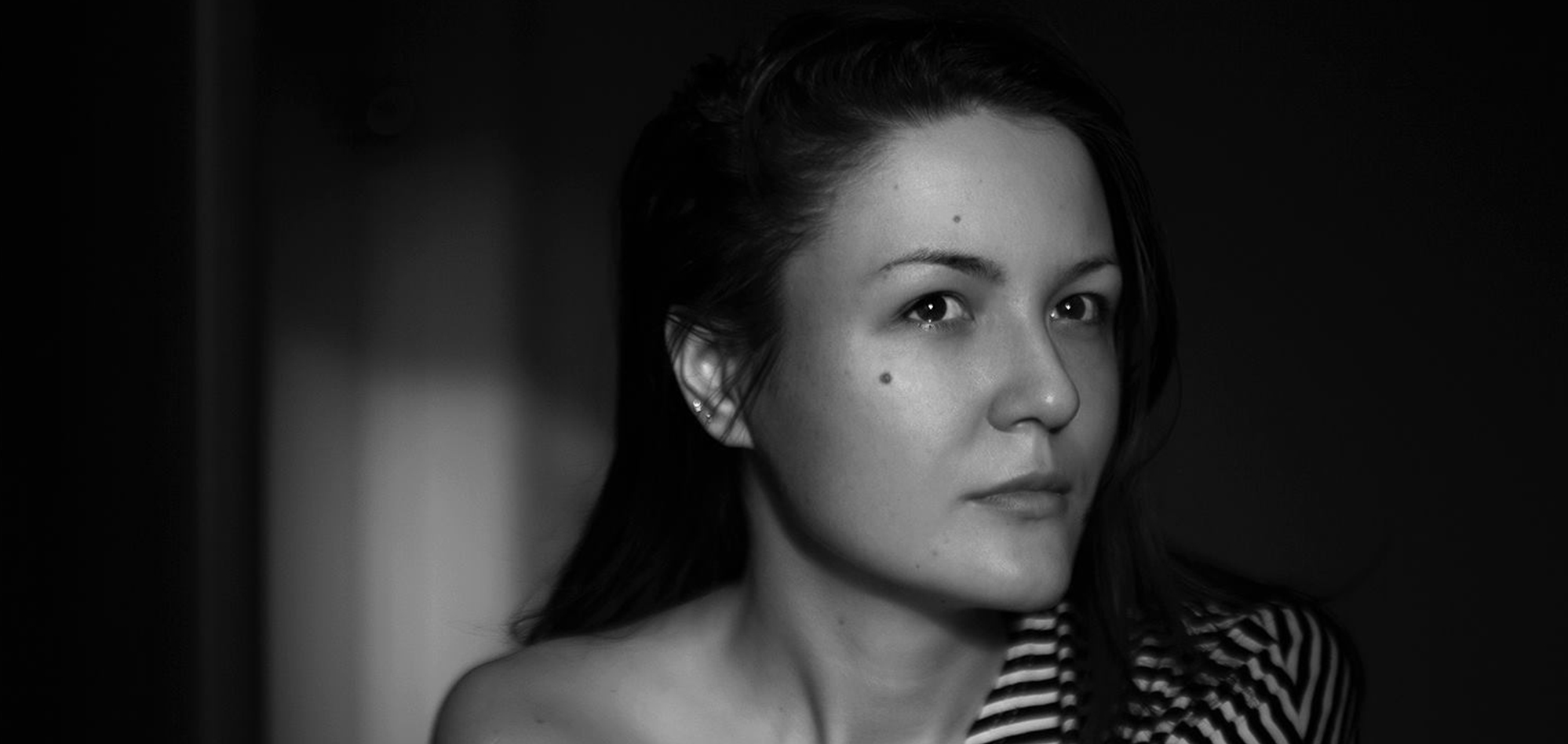Sofia Bohdanowicz is an award-winning filmmaker from Toronto and the founder of the production company Maison du Bonheur. She has had retrospectives of her work screened at BAFICI, The Seattle Northwest Film Forum, Cinemateca de Bogotà, DocLisboa and Festival du nouveau cinéma. In 2017, the Toronto Film Critics Association awarded her the Jay Scott Prize and in 2018, she was nominated for the Rogers Prize for Best Canadian Film for her documentary “Maison du bonheur.” Her third feature film, “MS Slavic 7,” graced the cover of Cinema Scope and the Argentinian newspaper Página/12, premiered at the Berlinale and was featured at the Harvard Film Archive. Bohdanowicz is an MFA graduate of York University’s Film Production program, an alumna of Berlinale Talents as well as the TIFF Talent Accelerator. She is currently in development on her fourth feature film titled “A Portrait,” which won the Kodak and Silverway Award during FIDMarseille’s co-production lab.
Tara Karajica talks to Sofia Bohdanowicz about her latest short film, “Point and Line to Plane,” that premiered at this year’s Toronto International Film Festival as well as her thoughts on the short form and women in today’s film industry.
How did you get into filmmaking and what inspires you to make films?
Sofia Bohdanowicz: I got into filmmaking because I hated public speaking when I was younger, my nerves couldn’t manage it. I hated the lack of control I had whenever I stood in front of people and always felt terrible about it afterwards. Eventually, I found a solution to this. In high school, I started to get creative and whenever I had a presentation, I figured out that I could make a video instead with my father’s JVC camcorder. Most teachers would accommodate this eccentric endeavor and I would come up with a concept and experiment from there. I learned tape to tape editing with a VCR and became transfixed. I realized that I loved the process of editing and shooting in the making of these miniscule productions and it all kind of took off from there.
Can you talk about your short film Point and Line to Plane?
S.B.: The film is about a period of “magical thinking” I encountered after the passing of my dear friend and collaborator, Giacomo Grisanzio. We met in film school and he produced all of my earlier works. His passing was very sudden and I had a hard time accepting what had happened. I read Joan Didion’s book The Year of Magical Thinking and learned about this phenomenon coined by Freud where our brains look for signs and coincidences in our day to day as a way of continuing to communicate with the dead. I experienced a series of strange happenings throughout the course of a year and transposed these experiences into the film that exists today.
How do you see the short form today?
S.B.: I think that every film has a length that suits said narrative. Whenever I set out to make a film, I’m never thinking about run time. I try to organically let the work point me to where it should land. With many film festivals operating online – as well as our day-to-day –, I think that there is a lot more space for short works to be viewed and appreciated. Unfortunately, people only seem to be getting busier and busier in their day-to-day and sometimes shorter works are easier – for me anyway – to include in a jam-packed day. It’s been great to see different platforms like Le Cinéma Club curate and celebrate shorter forms.
What is your opinion on the situation of women in film today?
S.B.: I will quote Agnès Varda who once said: “I am not interested in seeing a film just because it is made by a woman – unless she is searching for new pictures. The question is to fight for innovative films, a genuinely filmic language that aims to use pictures and sound in alternative ways.”
Who is your favorite female filmmaker and what is your favorite film by a female filmmaker?
S.B.: If I had to choose one, I would say that it’s Chantal Akerman. I have been watching and studying her work for years and think there is still much to learn from her ethos and practice. The Criterion Channel did a retrospective on her recently and I was so glad to catch titles I hadn’t had the chance to see like La captive. She had such a varied range in her body of work from the experimental – News from Home – to romantic comedies –A Couch in New York –, in continuing to discover her work she never ceases to inspire and astound me.
What are your next projects?
S.B.: I am working on a new feature film which is being co-written by Deragh Campbell and I. It is a narrative which explores the biography of my grandfather’s violin teacher.
Photo credits: IMDb
This interview was conducted during the 2020 (virtual) Toronto International Film Festival.










